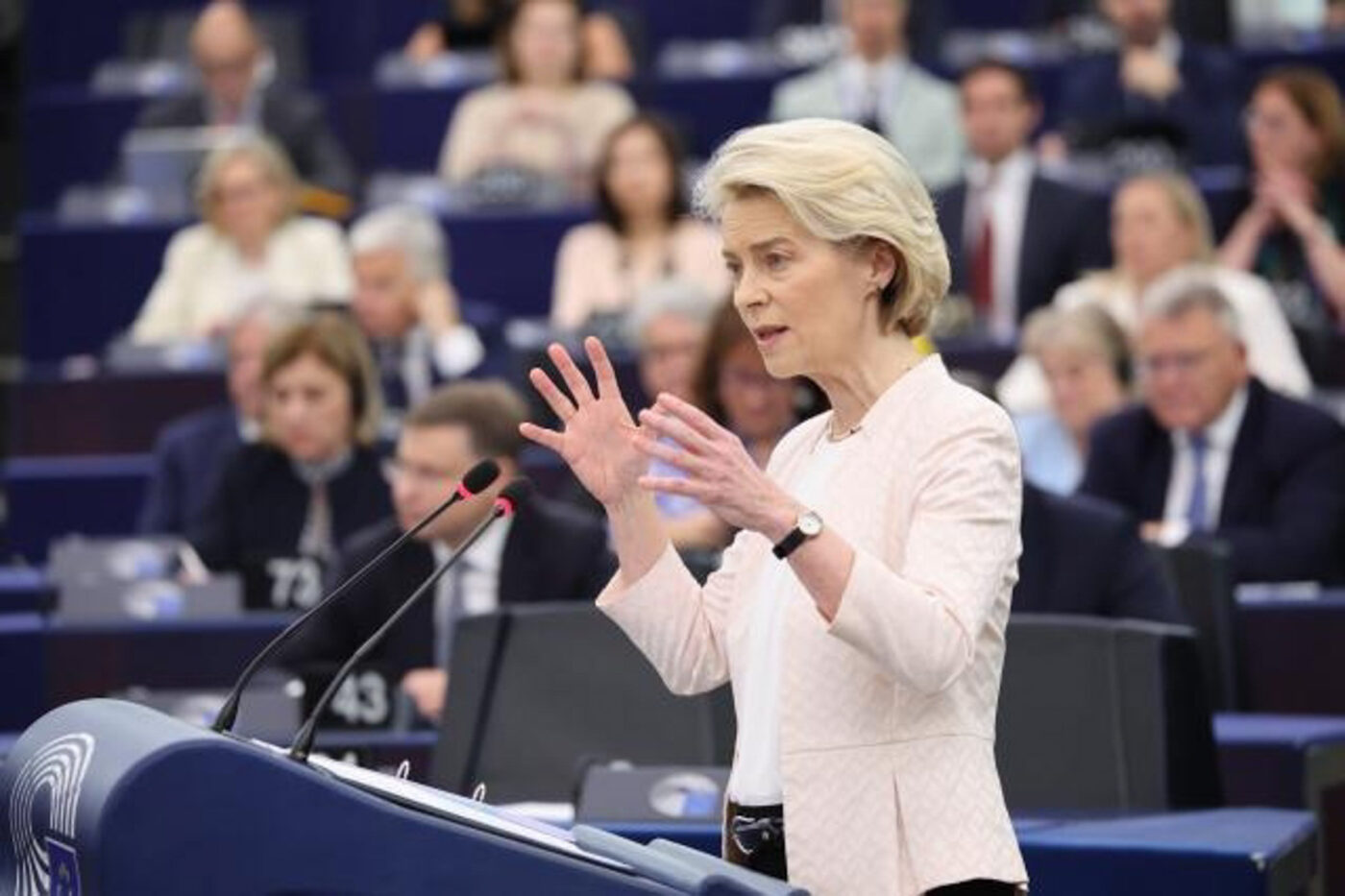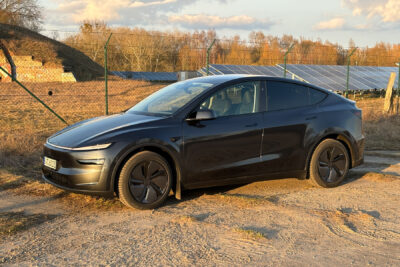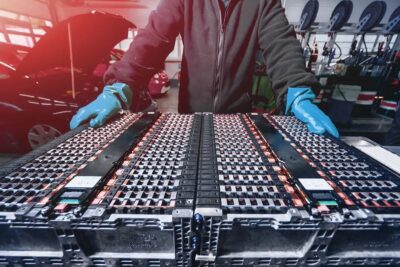EU wants to support battery industry with one billion euros
The call for proposals called ‘IF24 Battery’ is one of the first measures to be launched by the EU Commission in the first week of its new term of office. The funding is part of a larger package of 4.6 billion euros, intended “to boost net-zero technologies, electric vehicle battery cell manufacturing and renewable hydrogen.” One billion euros is earmarked for battery funding alone.
The money for the subsidy comes from the Innovation Fund, which in turn is financed by the EU Emissions Trading System. Between 2020 and 2030, the EU expects to receive revenue totalling 40 billion euros from emissions trading, which will be distributed via the innovation fund as financial incentives to companies and authorities that invest in innovative, low-carbon technologies.
In the battery sector, interested companies can apply for funding until 24 April 2025. Successful applicants should have a signed grant agreement by the first quarter of 2026. The EU Commission does not provide any information on the maximum amount of funding per project. However, it notes that the selection criteria have changed compared to the previous calls for proposals under the Innovation Fund (‘IF23’). Specifically, the projects submitted must be assessed in terms of their potential to reduce greenhouse gas emissions, degree of innovation, project maturity, reproducibility, and cost efficiency.
In addition, the Commission states that member states can supplement the call via the Innovation Fund with national funding programmes for the first time. According to Brussels, this new option enables member states to utilise the Innovation Fund’s evaluation procedure and the streamlined approval process for state aid. The new Commission under President Ursula von der Leyen describes the new call as a building block of a more comprehensive concept for mobilising investment in new technologies.
“Multiple instruments are needed to overcome some of the economic barriers that the battery value chain in Europe, including its gigafactories, is currently facing. The Commission will continue to deploy instruments at hand and engage in new avenues, including in the short term, for addressing barriers to large-scale industrial scale up,” the new Commissioners say. Northvolt‘s plight should make it clear that there is now an acute need for action. But that’s not all: the Automotive Cells Company is also known to be struggling.
In fact, the Commission is directly pushing another initiative. Together with the European Investment Bank (EIB), it launched a new partnership to support investment in the battery industry. To this end, the ‘InvestEU’ programme from the Innovation Fund is being topped up by 200 million euros. The money will be used to support innovative projects along the European battery manufacturing value chain “to address financing challenges by enabling additional EIB venture debt operations over the next three years,” Brussels announced. It clearly addresses the industry’s reluctance to invest.
It should not go unmentioned that the second tender of the European Hydrogen Bank (‘IF24 auction’) launched in parallel to accelerate renewable hydrogen production in the European Economic Area with a budget of 1.2 billion euros from EU funds and over 700 million euros from three Member States. Here, too, the Innovation Fund will serve as a source of funding. It is intended to support projects for the production of hydrogen from renewable energy sources – regardless of the sector in which it is consumed. Only 200 million of the 1.2 billion euros are firmly earmarked for the maritime sector.
“By investing more than €4.5 billion in clean technologies at the very beginning of the mandate, the Commission is showing its commitment to deliver on its decarbonisation objectives, and to support European industries’ competitiveness in key strategic sectors,” said Teresa Ribera Rodríguez, Vice-President for Clean, Just and Competitive Transition. “The new resilience criteria for hydrogen and batteries will boost Europe’s industrial leadership and competitiveness while enhancing the EU’s strategic autonomy.”
ec.europa.eu, ec.europa.eu (Calls for proposals), ec.europa.eu (EIB)





0 Comments